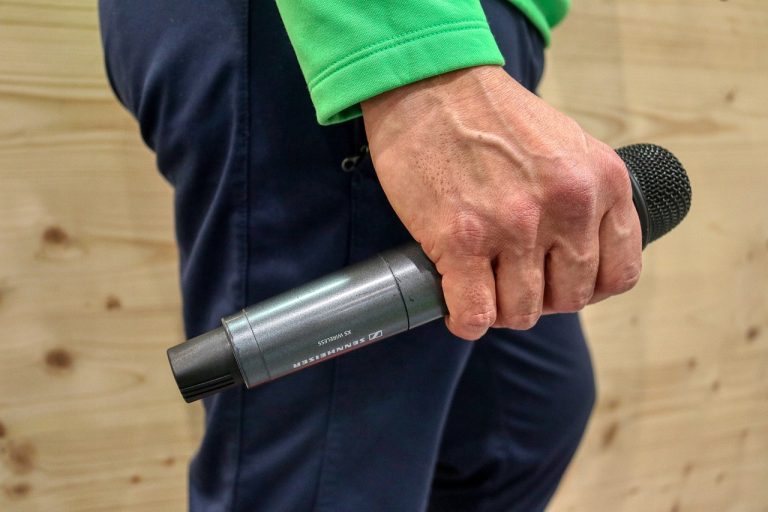Working with steel requires precision and the right tools, especially when it comes to drilling. Steel is a tough material, and using the wrong drill bits can lead to poor results and even tool damage. Selecting the correct drill bits for your steel projects can make all the difference in terms of efficiency, accuracy, and safety.
When drilling through steel, it’s important to understand the material you’re working with. Steel comes in various grades and hardness levels, which can affect how easily it can be drilled. High-speed steel (HSS) drill bits are a popular choice due to their durability and versatility. They are capable of handling a wide range of steel types, making them an excellent general-purpose option. However, for tougher steel, cobalt drill bits might be more suitable. These bits contain a percentage of cobalt, which increases their heat resistance and strength, allowing them to cut through harder steel without wearing down quickly.
Carbide-tipped drill bits are another option, often used for industrial applications where precision and longevity are critical. These bits can handle extremely hard materials but are more brittle than HSS or cobalt bits, so they require careful handling. For projects involving softer steel, a standard HSS bit might suffice, but for harder or stainless steel, investing in cobalt or carbide bits can save time and effort.
Proper technique is crucial when drilling steel. Using a drill press can improve accuracy and control, but even with a handheld drill, maintaining a steady hand and consistent pressure is key. Lubrication is also important to reduce friction and prevent overheating, which can dull the bit and damage the steel. Common lubricants include cutting oil or even household oil in a pinch. Drilling at the correct speed is also essential; slower speeds are generally better for steel to avoid overheating and to maintain control.
For those looking to explore more about different types of drill bits and other fastening solutions, drill bits for steel are available to suit various needs and projects. Understanding the differences between the types of drill bits and knowing when to use each will ensure your projects are completed efficiently and with precision.
When purchasing drill bits, quality should be a top priority. Cheap bits might seem like a cost-effective solution initially, but they can wear out quickly or even break, leading to additional costs and potential safety hazards. Investing in high-quality bits from the start can ultimately save time and money, providing better performance and longevity.
Additionally, maintaining your drill bits can extend their life and ensure they continue to perform well. Regularly inspecting the bits for wear and sharpening them when necessary will keep them in optimal condition. Proper storage is also important; keeping them organized and protected from moisture will prevent rust and damage.
To explore a wide range of tools and accessories, including high-quality drill bits and other essential hardware, you can visit the Eugene Fast homepage. This platform offers an array of options to help you find the right tools for your specific needs.
Equipping yourself with the right drill bits and maintaining them properly will make your work with steel more efficient and enjoyable. Whether you’re a professional or a DIY enthusiast, understanding the nuances of drilling steel and choosing the correct tools will lead to better results and a more satisfying project experience.








